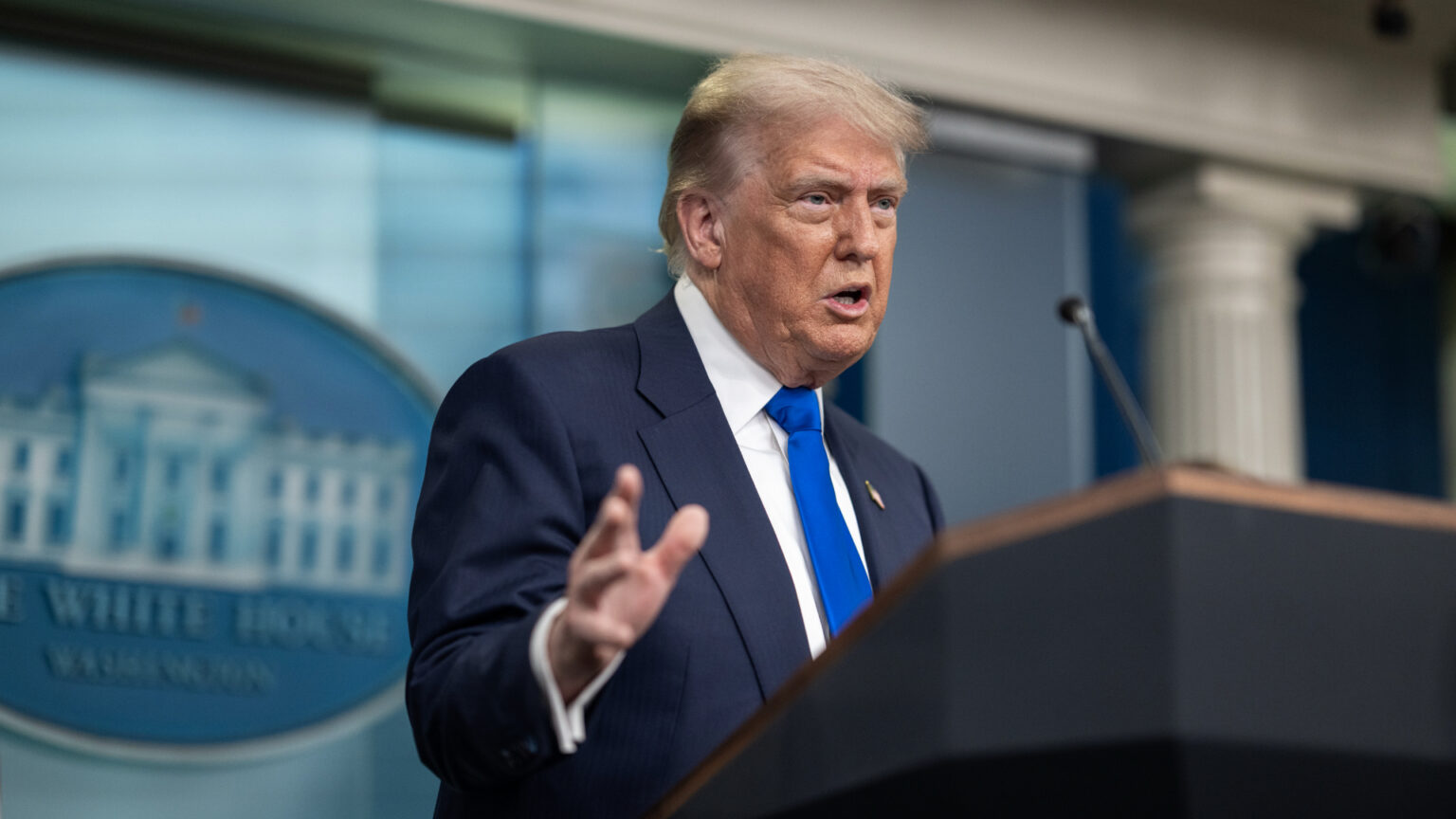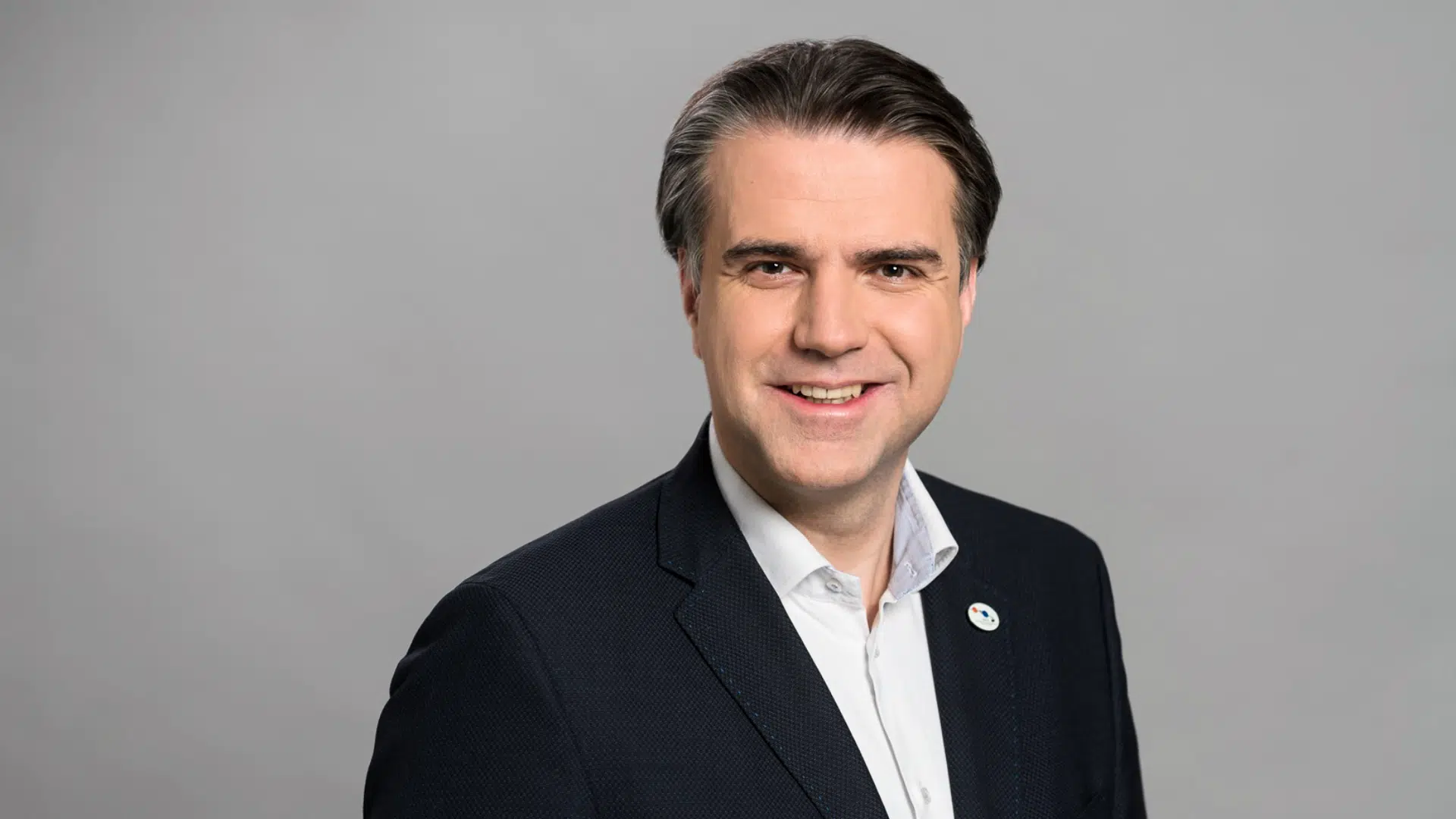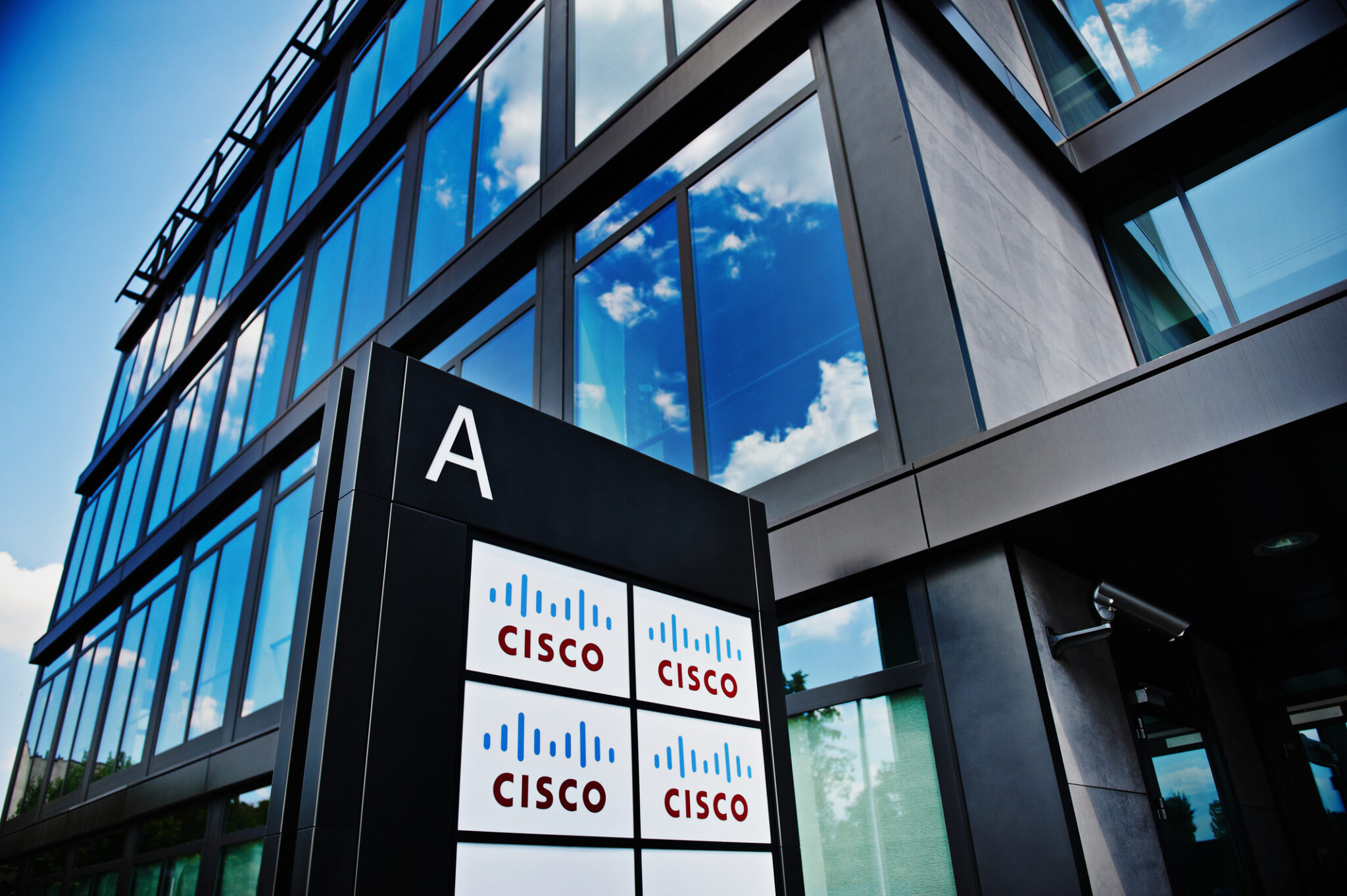President Trump’ s administration has announced the introduction of a new one-off $100,000 fee for H-1B work visa petitions. The decision caused an immediate and nervous reaction in the technology sector, which relies heavily on foreign professionals, mainly from India and China.
Initial reports, suggesting that the fee would be annual, caused a wave of uncertainty. In response, tech giants such as Microsoft, Amazon, as well as investment banks including JPMorgan and Goldman Sachs, immediately recommended that their employees with H-1B visas refrain from international travel or return to the US as soon as possible.
The White House eventually clarified that the fee would be a one-off and would only apply to new visa petitions, not to current visa holders or renewal applications. Nonetheless, the confusion has caused concern among thousands of workers and demonstrated how sensitive the sector is to changes in immigration policy.
The administration argues that the drastic fee increase is aimed at levelling the playing field for American workers and discouraging companies from replacing them with cheaper foreign labour. The aim is to get corporations to invest in training US college graduates rather than importing talent.
The move is part of the administration’s broader immigration policy, which has sought to restrict legal immigration since the beginning of its term. The new regulations are also intended to prioritise highly skilled and highly paid professionals under the H-1B programme.
The technology sector and market analysts warn of the long-term consequences. The new costs are likely to hit smaller companies and startups particularly hard, for which it will become financially unattainable to hire a key specialist from abroad. There is a risk that companies, instead of hiring in the US, will start moving advanced projects and jobs abroad.
Critics point out that such a policy could undermine the US economy’s innovative capacity and its position in the global technology race, especially in the crucial field of artificial intelligence. In the short term, Washington may gain additional revenue for its budget, but in the long term it risks losing the competitive advantage it has built up over the years by attracting the best talent from around the world.
The stock market’s reaction was immediate, with shares of IT services companies, which rely heavily on workers with H-1B visas, seeing declines. The situation remains tense, with the technology industry anxiously awaiting further details and guidance on the implementation of the new regulations.












